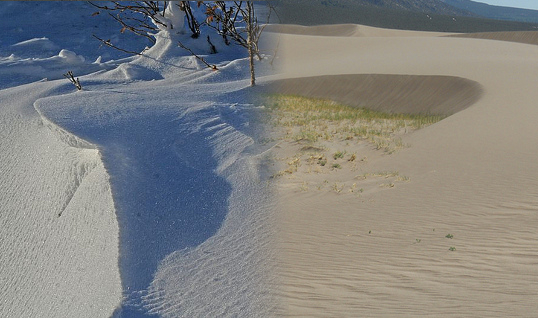On December 27th, 1831, the HMS Beagle set sail on a five year voyage. Accompanying the crew, acting as the ship’s naturalist, was a young Charles Darwin. The implications of the discoveries made during this voyage would only become clear to Darwin over a period of decades, and would change our view of the universe over a period of a century. The deep scientific discourse over the theory of Evolution – the age of the Earth, the mechanism by which traits are passed on to descendants, the way in which competition shapes species – would involve some of the most famous and colorful characters in the history of science. Besides Darwin, there was Lord Kelvin, Gregor Mendel, and many others.
When I was a student and learned of the work of Kelvin, I had no idea that he spent part of his career “proving” the Earth was too young to support evolution. It was upon the discovery of radioactivity that Kelvin’s ideas were swept aside, since his fundamental assumption – that Earth had no source of internal heat other than that left from the planet’s formation – was wrong. Amazing stuff, a good example of how the random walk of scientific investigation leads to a deeper understanding of older ideas in an unrelated field.
I kept the Beagle’s voyage in mind this holiday season. While it has nothing to do with the Christ story, it’s important to remember that despite rampant fundamentalist tendencies across the world, religions are mutable. In that they are mutable, it is wise to never cast aside and “ugly fact” about nature to preserve a “beautiful idea” from ancient human culture. Instead, why not use the truth about nature to inform our beliefs where they intersect with the universe? I know, I know – in saying that, you say I don’t understand beliefs, or religion, when I say things like that. Or, maybe, I just have a different view of the universe than you, one informed by many visions of nature, one which (I hope) respects all of creation, and not just some words in a book. Yeah, it’s a book that’s important to many people; but to me, the larger book of creation, writ cosmic and writ subatomic, gives me an additional deep connection to the universe even at times like these.
The random walk of science has many interesting destinations. The Beagle marks just one of those random walks. May our society live to fund many more such spinoffs.


